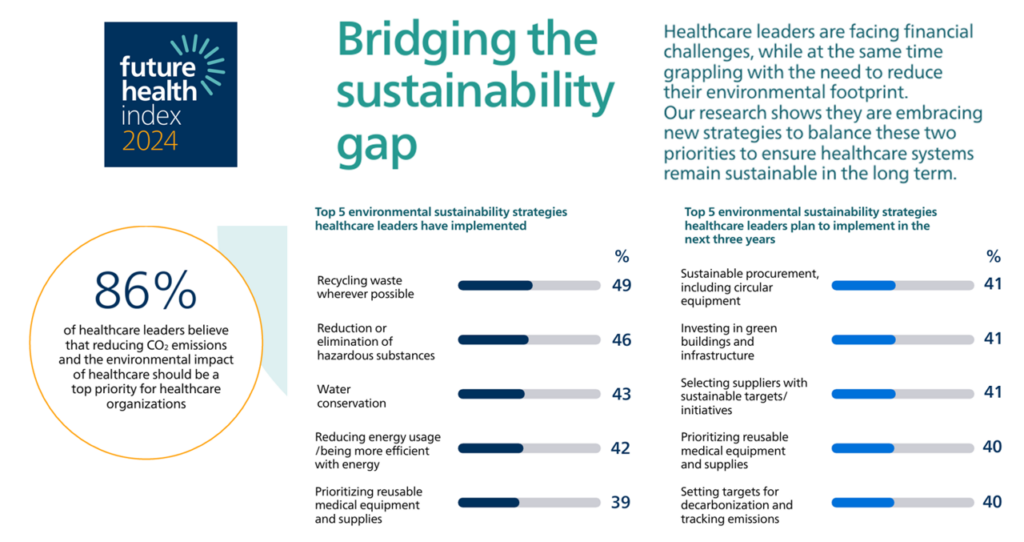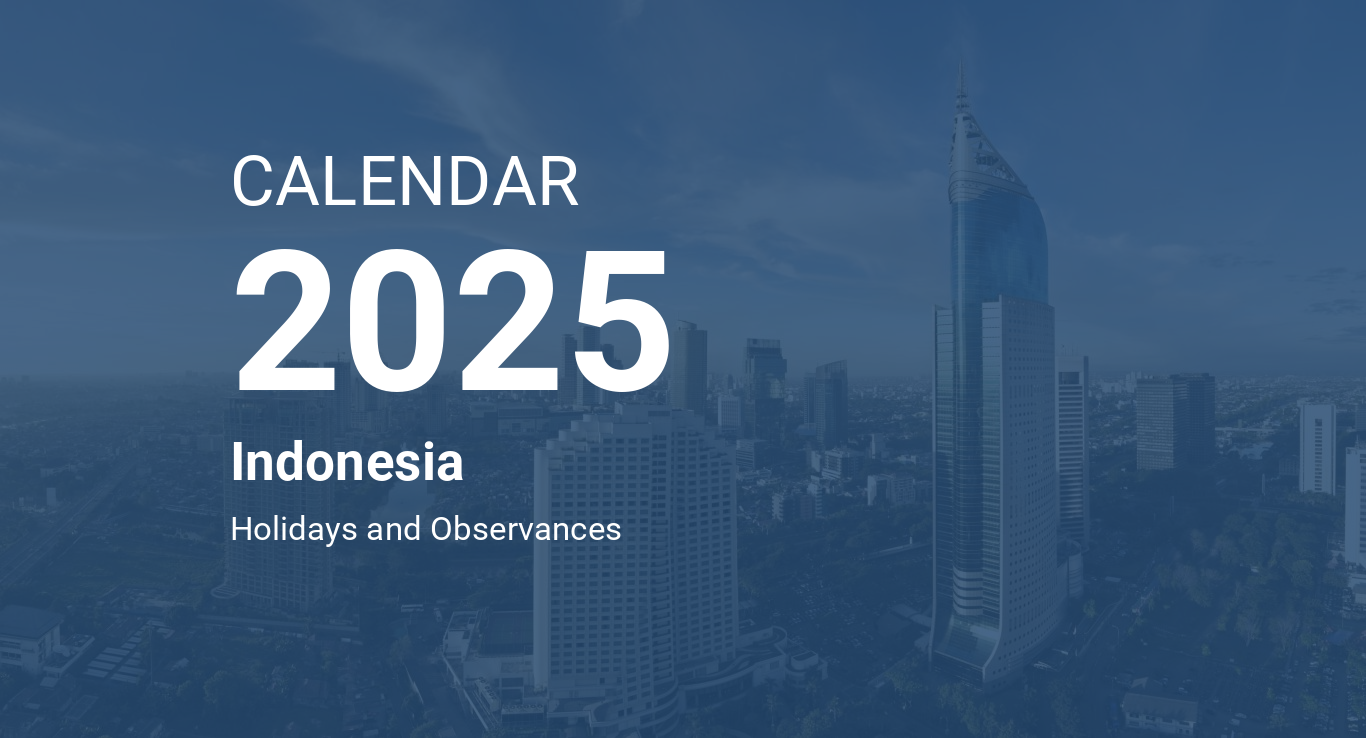AI And The Future Of Healthcare: Key Findings From The Philips Future Health Index 2025

Enhanced Diagnostics and Treatment with AI
AI is rapidly transforming medical diagnostics and treatment. AI-powered diagnostics are improving the accuracy and speed of analysis, leading to earlier and more effective interventions. This section explores the key ways AI is enhancing healthcare delivery:
-
AI-powered diagnostics: AI algorithms are significantly improving the accuracy and speed of medical image analysis (X-rays, CT scans, MRIs, and PET scans). This leads to earlier and more precise diagnoses, allowing for timely treatment and improved patient outcomes. The Philips report highlights a significant increase in the speed of diagnosis for certain conditions using AI-assisted image analysis.
-
Precision medicine: AI assists in developing personalized treatment plans tailored to individual patient characteristics and genetic profiles. By analyzing vast amounts of patient data, AI can identify patterns and predict treatment responses, leading to more effective and targeted therapies. This is a cornerstone of precision medicine, promising a future where treatments are optimized for each individual.
-
AI-assisted surgery: Robotic surgery guided by AI promises greater accuracy, minimally invasive procedures, and reduced recovery times. AI can enhance the surgeon's precision and control, leading to better surgical outcomes and reduced risks for patients. The Philips report details examples of successful AI-assisted surgeries with significantly reduced complication rates.
-
Accelerated drug discovery: AI is significantly accelerating drug discovery and development. By analyzing vast datasets of molecular structures and biological information, AI can identify potential drug candidates and predict their efficacy, shortening the lengthy and expensive drug development process. This will lead to faster access to new and improved therapies.
Improving Operational Efficiency and Resource Allocation
Beyond clinical applications, AI is significantly improving operational efficiency and resource allocation within healthcare systems. The Philips Future Health Index 2025 emphasizes the substantial potential of AI in streamlining healthcare processes:
-
Predictive analytics: AI-powered predictive analytics can optimize hospital resource allocation, reducing wait times, predicting patient flow, and improving overall hospital efficiency. This allows healthcare providers to allocate resources more effectively and improve patient experience. The report suggests that AI-driven predictive models can reduce average wait times by up to 20%.
-
Automation of administrative tasks: AI-driven automation simplifies administrative tasks like appointment scheduling, billing, and insurance processing, freeing up staff to focus on patient care. This leads to increased efficiency and reduced administrative burden on healthcare professionals. The Philips report indicates that AI can automate up to 40% of administrative tasks in some healthcare settings.
-
Enhanced telehealth: AI-powered telehealth platforms expand access to care in remote areas and improve patient monitoring. Remote monitoring systems, driven by AI, allow for early detection of potential health problems and timely interventions, particularly beneficial for patients in underserved communities.
-
Infection prevention: AI can analyze data to identify and predict potential hospital-acquired infections, allowing for proactive measures to reduce infection rates and improve patient safety. The Philips report highlights several successful examples of AI implementation that significantly reduced hospital-acquired infections.
Addressing the Challenges of AI Implementation in Healthcare
While the potential benefits of AI in healthcare are immense, several challenges need to be addressed for successful and responsible implementation:
-
Data privacy and security: Robust data protection measures are essential to address privacy and security concerns. Protecting sensitive patient data is paramount, and AI systems must be designed with stringent security protocols. The Philips report stresses the critical need for strong data governance and compliance with relevant regulations.
-
Addressing AI bias: Addressing potential biases in AI algorithms is crucial to ensure equitable access to care for all patients. Bias in algorithms can lead to disparities in treatment and outcomes, which needs to be carefully mitigated through rigorous testing and validation.
-
Regulatory frameworks: Clear regulatory frameworks and guidelines are needed for the responsible development and deployment of AI in healthcare. These guidelines will ensure patient safety, data privacy, and responsible AI use. The Philips report emphasizes the need for clear regulatory oversight and industry standards.
-
Skilled workforce: A skilled workforce capable of managing and interpreting AI-generated data is vital for successful AI implementation. Training and education programs are essential to ensure healthcare professionals can effectively utilize and interpret AI-driven insights.
The Human Element Remains Crucial
It's crucial to emphasize that AI is a tool to augment human capabilities, not replace them. The human touch in healthcare remains essential for patient empathy, communication, and building trust. Successful AI integration requires a collaborative approach between healthcare professionals and AI systems, leveraging the strengths of both. A patient-centered approach, where AI complements and enhances human interaction, is crucial for successful implementation.
Conclusion
The Philips Future Health Index 2025 clearly demonstrates the transformative potential of AI in healthcare. From enhancing diagnostics and treatment to improving operational efficiency, AI is reshaping the medical landscape. However, addressing ethical concerns and ensuring responsible implementation remain crucial for maximizing the benefits of AI while mitigating potential risks. The future of healthcare hinges on effectively integrating AI to improve patient outcomes and create a more efficient, equitable, and patient-centered system. To learn more about the detailed findings and recommendations, explore the full Philips Future Health Index 2025 report. Embrace the potential of AI in healthcare and contribute to building a healthier future with AI-driven solutions.

 Chine La Strategie De Silence Imposee Aux Dissidents En France
Chine La Strategie De Silence Imposee Aux Dissidents En France
 England Airpark And Alexandria International Airport Fly Local Explore Global With Ae Xplore
England Airpark And Alexandria International Airport Fly Local Explore Global With Ae Xplore
 Ferrari Nappasi 13 Vuotiaan Lupauksen Nimi Muistiin
Ferrari Nappasi 13 Vuotiaan Lupauksen Nimi Muistiin
 Porsche Classic Art Week Indonesia 2025 Seni Dan Otomotif Bersatu
Porsche Classic Art Week Indonesia 2025 Seni Dan Otomotif Bersatu
 The Ultimate Escape To The Country Everything You Need To Know
The Ultimate Escape To The Country Everything You Need To Know
